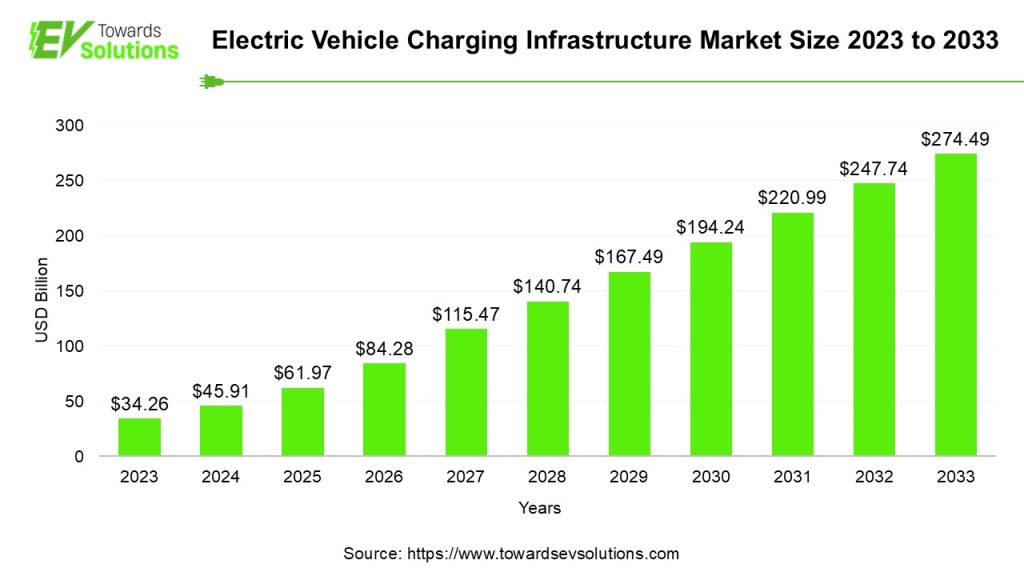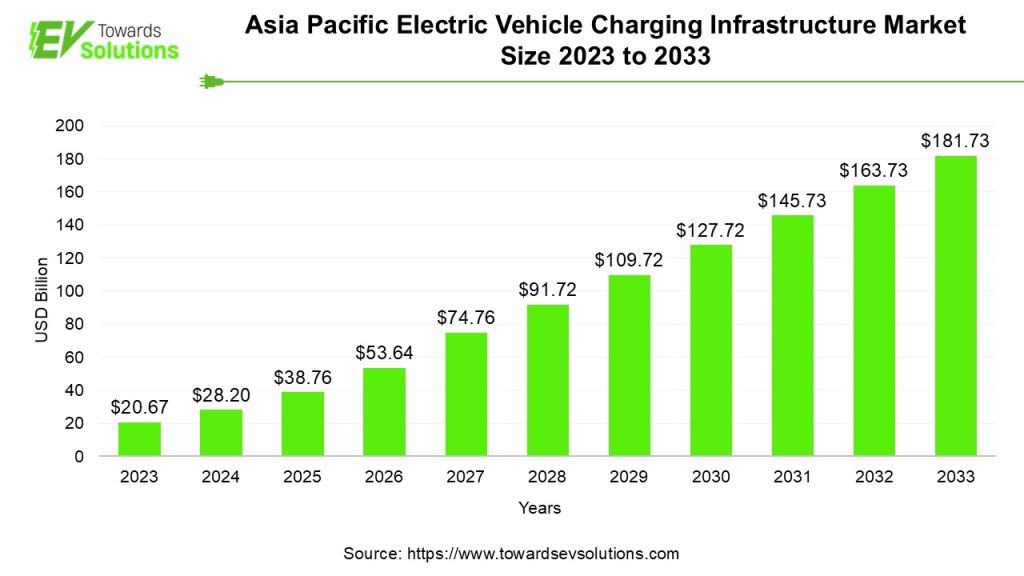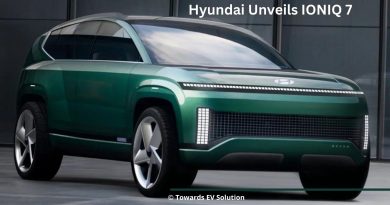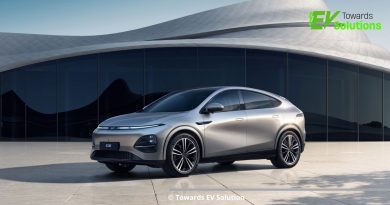PowerX and Mercedes-Benz Partnered to Develop Electric Vehicle Charging Network in Japan
Tokyo-based PowerX, a producer of EV charging infrastructures, is set to establish charging stations for Mercedes-Benz in Japan. PowerX will lead the deployment and management of charge points. PowerX will design and produce its Hypercharger units and is responsible for all the processes, from location sourcing to charging station management. The company plans to achieve the development of a network of 100 charging stations in 25 locations, particularly in metropolitan areas.
Electric Vehicle Charging Infrastructure Market
A report by Precedence Research projects that the electric vehicle charging infrastructure market was valued at USD 45.91 billion by 2024 and is projected to reach around USD 274.49 billion by 2033, growing at a double-digit CAGR of 23.13% during the forecast period 2024 to 2033.

According to the International Energy Agency (IEA)’s prediction, there will be 2.7 million charging points available to the public globally by the end of 2022. According to the Stated Policies Scenario (STEPS) and Announced Pledges Scenario (APS), the total number of public charging points worldwide will be 15 million or more by 2030. The installation in 2023 was nearly 4 million. It will grow to nearly 25 million by 2035, more than six times the 2023 levels. State governments also play a major role in the planning and development of EVs and EV charging infrastructure.
State Planning and Funding for Electric Vehicle Charging Infrastructure
| Program | Amount | Administering Agency | Highlights |
| Public Transportation Research, Demonstration, and Deployment Funding | $5.6 billion | DOT Federal Transit Administration (FTA) | The Low or No Emission Bus Grants offer capital grant funding from fiscal year 2022 to fiscal year 2026 for shuttle service of low or no-emission transit buses and for the purchase of fueling and maintenance facilities. |
| Clean School Bus Program | $5 billion | U.S. Environmental Protection Agency (EPA) | The Clean School Bus Program grants funds from the fiscal year 2022 to 2026 toward buying zero-emission or low-emission school buses. |
| Carbon Reduction Program | $6.4 billion | FHWA | Grants for states may be made through the Carbon Reduction Program from the current fiscal year ending 2026 for projects mitigating transport emissions. |
| Battery Manufacturing and Recycling Grants | $3 billion | DOE’s Office of Energy Efficiency and Renewable Energy (EERE) and Office of Manufacturing and Energy Supply Chains (MESC) | The Battery Manufacturing and Recycling Grants are to support projects from FY2022 to the fiscal year in which funds are exhausted that will help build a North American battery supply chain, including demonstration, construction of commercial factories, and modification of existing factories for battery part production along with advanced battery and recycling plants. |
| Battery Materials Processing Grants | $3 billion | EERE and MESC | Battery Materials Processing Grants are available from FY 2022 until funding is expended to support the development of a battery supply chain as well as demonstration projects and construction and retrofit/retooling of battery material processing facilities in North America. |
Precedence Research’s analysis uncovers that various factors are responsible for the growth of the electric vehicle charging infrastructure market. Smart charging technology is improving the functionality of electric vehicle charging stations through real-time information. This smart capability makes it possible to establish a sustainable energy system that embraces renewable energy resources as well as ensures that the user is billed automatically and the whole system runs efficiently. Furthermore, the development of Wireless Power Transfer (WPT) as a charging method transforms charging stations, eliminating the risk of short circuits. The increase in sales of EVs all over the world further boosts the need for charge points, encouraging government entities and other players in the market to invest in the expansion of EV charging network.
Asia Pacific Electric Vehicle Charging Infrastructure
Insights from Precedence Research show that the Asia Pacific electric vehicle charging infrastructure market size was valued at USD 20.67 billion in 2023 and is expected to be worth around USD 181.73 billion by 2033, growing at a CAGR of 24.27% during the forecast period 2024 to 2033.

The electric vehicle charging association in China stated that in 2022, 650,000 public chargers were built, bringing China to a total of 1.8 million. According to recent data, currently, there are 383,000 public chargers in Guangdong province only, exceeding the number of public chargers in the U.S.
We’ve prepared a service to support you. please feel free to contact us at sales@precedenceresearch.com | +1 804 441 9344
Meet Mahima, a voice you’ll want to follow in the electric vehicle (EV) industry. With a rich background in journalism and mass media, Mahima doesn’t just report the facts; she tells the story behind the revolution. Her expertise of over four years in writing positions her uniquely as someone who knows how to engage, inform, and inspire her audience. Whether she’s diving into the latest EV technologies or exploring the future of sustainable mobility, Mahima delivers insights that go beyond the surface, making her work a must-read for enthusiasts, professionals, and curious readers alike.
In every article, blog, or feature, she brings a human touch to the world of electric vehicles. She weaves narratives that highlight how the shift toward electrification is transforming economies, reshaping consumer preferences, and pushing the boundaries of innovation. Her sharp analytical skills allow her to see connections others might miss, offering fresh perspectives on trends that are shaping the automotive landscape.




